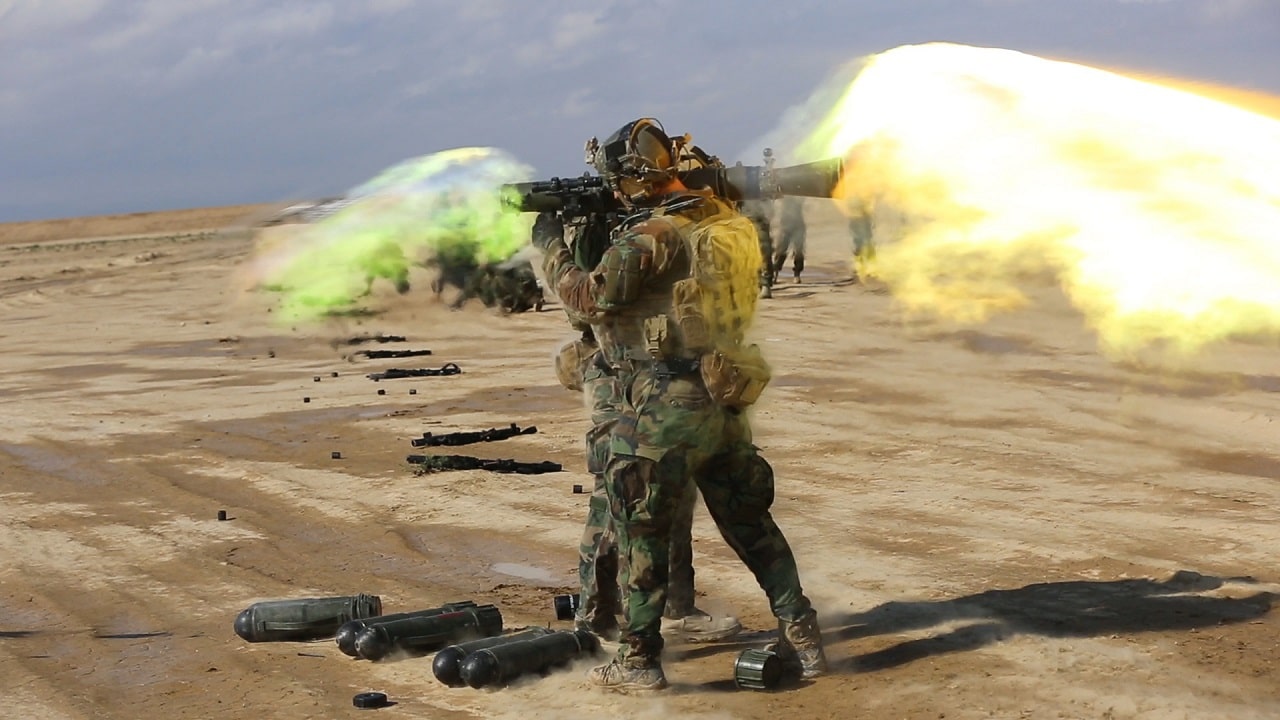Russia Is Training Reservists In Belarus – Russian generals reportedly traveled to Belarus recently to oversee the training of Russian Army reservists in the country.
The Belarussian Ministry of Defense did not confirm the reports, but Telegram groups and independent Belarussian journalists confirmed that Russian soldiers are present in the country and undergoing training.
Belaruski Hajun, an independent military-focused media outlet in Belarus, noted how top military officials arrived for a “working” visit in the country.
“According to Telegram channels of Russian propaganda, a group of Russian generals headed by Sergey Rudskiy, the Chief of the Main Operational Directorate of the General Staff of the Russian Armed Forces, arrived in Belarus on a working visit. Presumably, the generals arrived at the Machulishchy airfield yesterday at 15:45 (Minsk time) on a passenger Tu-134AK jet of the Russian Air Force (RA-65976),” the outlet notes.
“The military will inspect the joint training of the so-called regional joint force (RJF) at the training grounds in Belarus.”
According to the outlet, the Russian generals are there to inspect checkpoints and training areas, as well as the barracks the reservists are being held in.
Russian generals also reportedly planned to oversee the training of tank units and the repair and restoration battalions, ensuring that soldiers are given the kind of training necessary to ensure they are effective on the battlefield.
Speaking to VOA News, exiled opposition leader Sviatlana Tsikhanouskaya said that Belarussian dictator Alexander Lukashenko has allowed a maximum of 10,000 recently mobilized Russian troops to train in his country.
Lukashenko has also reportedly allowed more than 200 pieces of heavy military equipment from Russia, including tanks and trucks, into the country to assist with the training.
Why Are They in Belarus?
Belarussian dictator Alexander Lukashenko has been largely supportive of Russia’s war in Ukraine since February, and despite not deploying his own soldiers to fight alongside Russia, he appears to be committed to helping in other ways.
The arrival of Russian military officials in the country appears to be part of an effort to ensure that the standard of training Russian soldiers receive in the country is sufficiently high.
The officials are likely to report their findings back to the Russian Ministry of Defense.
Whether or not Russia has the capacity to perform the training domestically is unclear, although it is a possibility that the deaths of military leaders on the battlefield in Ukraine have put pressure on Russia’s ability to effectively train soldiers.
Reports have emerged in recent months about how Russian soldiers are growing frustrated with a lack of leadership in Ukraine.
The slow deployment of more than 300,000 reservists into Ukraine could indicate that Russia is taking extra care to ensure that the soldiers are sufficiently prepared to fight in Ukraine.
Still, it could also suggest that Russia is struggling to find a sufficient number of military officials to oversee the training of such a large number of troops.
Jack Buckby is 19FortyFive’s Breaking News Editor.

